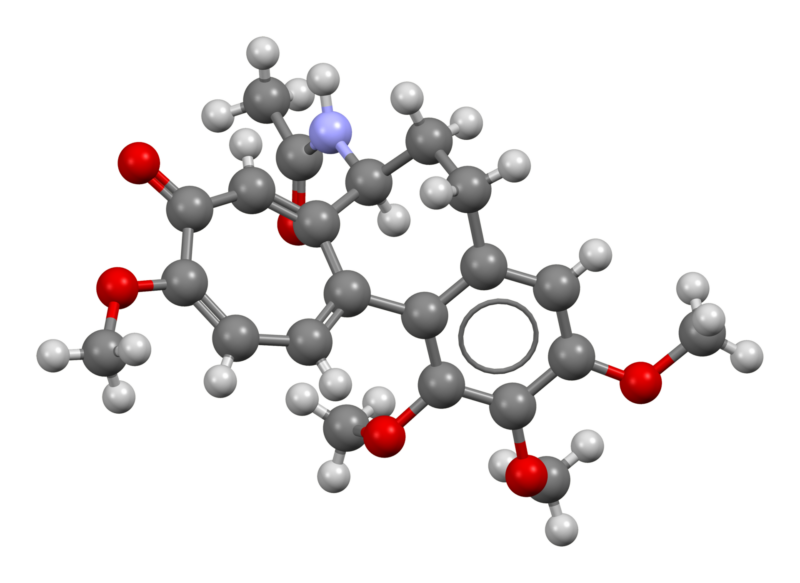Poison expert allegedly poisoned wife—with a shockingly toxic gout drug

A Minnesota doctor who had worked for a poison control center was charged this week in the poisoning death of his wife, who died from a lethal dose of the highly toxic gout medication, colchicine.
Connor Bowman, 30, was arrested last Friday and charged Monday with second-degree murder in the death of Betty Bowman, 32, who worked as a pharmacist at the Mayo Clinic.
In an investigation that followed her suspicious death on August 20, police learned that the two were having marital problems, including a deteriorating relationship and infidelity, and were talking about a divorce. They also learned that Connor Bowman was in debt and stood to gain $500,000 in life insurance upon his wife’s demise.
Connor Bowman initially claimed Betty died of a rare hyper-inflammatory condition called hemophagocytic lymphohistiocytosis (HLH), but tests for the unusual condition were inconclusive, and a source told police that Betty was previously healthy before her rapid deterioration.
On August 21, the day after Betty’s death, the medical examiner’s office deemed the death suspicious and informed the Rochester, Minnesota, police. Connor Bowman told the medical examiner’s office that Betty should be cremated immediately and tried to cancel the planned autopsy. When it wasn’t canceled, he questioned the toxicology testing that would be done, asking one death investigator over email for a list of everything they would test for.
The toxicology testing as part of the autopsy revealed an extremely high level of colchicine in her blood, as well as detection of the gout drug in her urine. Betty had not been diagnosed with gout, and none of her doctors had prescribed her colchicine. In retrospect, her death is a textbook case of colchicine poisoning.
A drug with a “dark side”
Colchicine is a centuries-old treatment for gout—a form of arthritis that occurs when elevated blood levels of urate form into needle-shaped crystals around joints, leading to severely painful inflammation. Colchicine, extracted from two flowering plants (Colchicum autumnale and Gloriosa superba), has weak anti-inflammatory activity, which makes it effective against gout. But it is shockingly toxic. And despite its long-standing use, the line between nontoxic and toxic doses remains unclear.
The reason is the fundamentally disruptive way colchicine works. The drug binds to the protein tubulin in cells, preventing it from forming into microtubules, which are vital structural components of cells. Microtubular networks are required for separating chromosomes during mitosis among many other functions. Thus, at sufficient doses, the drug halts all cells division, impairs protein assembly, decreases endocytotis and exocytosis, alters cell shape, and reduces cell motility.
Colchicine is rapidly absorbed in the gastrointestinal tract and equally rapidly distributed throughout all tissues in the body. Thus, with a toxic dose, the damage is systemic. And the downstream effects of demolishing microtubular function lead to multi-organ failure.
https://arstechnica.com/?p=1979464